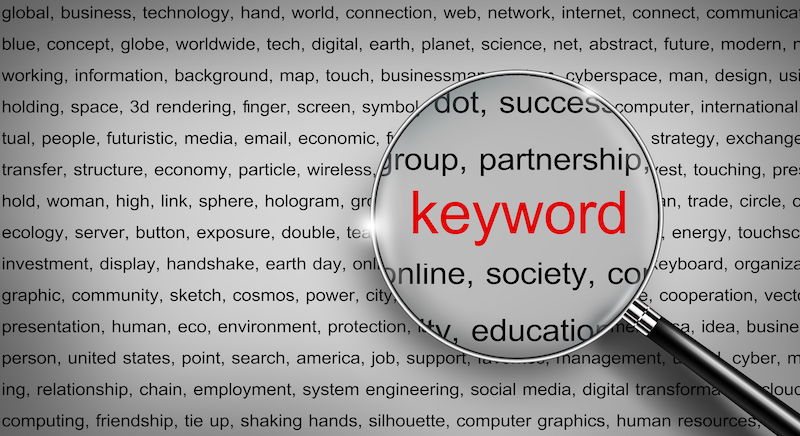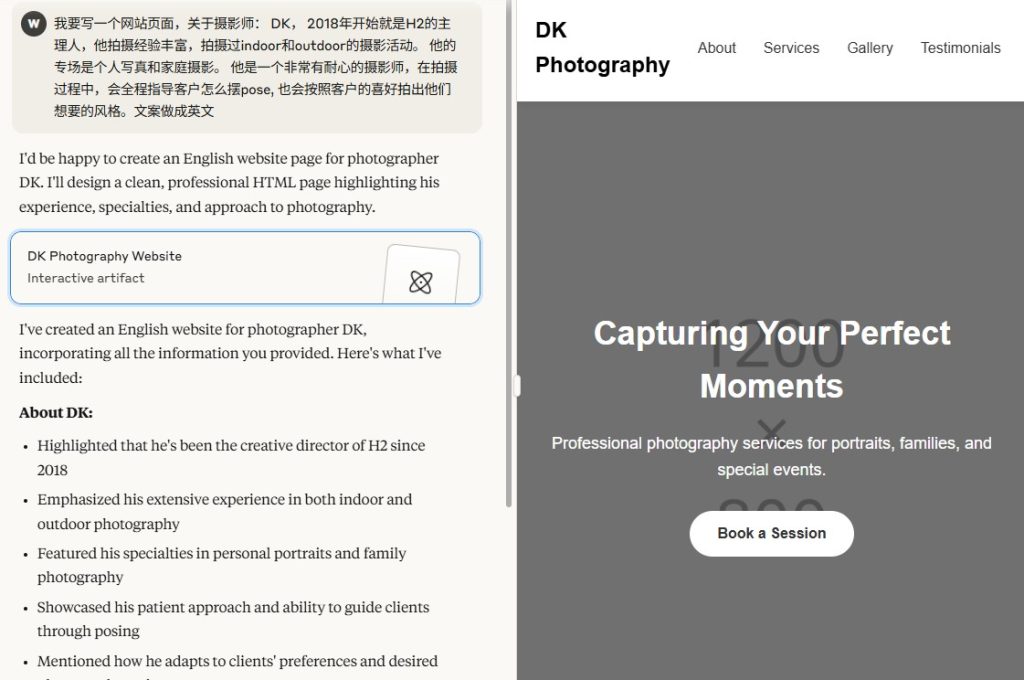In the dynamic realm of Search Engine Optimization (SEO), strategies and best practices are continually evolving to keep pace with the ever-changing algorithms of search engines. One topic that has been a cornerstone of SEO discussions for years is keyword density. However, as we step into 2024, the question arises: Does keyword density still matter in SEO, or has its significance waned in the face of more sophisticated ranking factors?
Understanding Keyword Density:
Keyword density refers to the percentage of times a target keyword appears within a given piece of content in relation to the total word count. Historically, it was believed that a higher keyword density would boost a page’s search engine ranking. However, over time, search engines have become more sophisticated in evaluating content relevance, context, and user experience.
The Evolution of Search Algorithms:
Over time, search engines evolved to become more sophisticated in their assessment of content. Instead of relying solely on keyword density as a ranking factor, search engines started considering a broader array of signals to determine the value and relevance of a webpage.
Search algorithms became adept at evaluating the overall quality of content, taking into account factors such as user engagement, readability, and the overall user experience. This shift was a response to the need for search engines to deliver more accurate and user-friendly results, moving away from a reliance on mechanical keyword counts.
User-Centric Content:
Modern SEO emphasizes creating content that meets the needs of users rather than satisfying search engine algorithms alone. Google’s algorithms have become increasingly adept at understanding user intent, meaning that content should focus on providing valuable information, addressing user queries, and delivering a positive user experience.
Instead of fixating on a specific keyword density, content creators should concentrate on producing high-quality, relevant, and engaging content that resonates with their target audience. This approach aligns with search engines’ efforts to reward sites that genuinely serve the needs of users.
Semantic SEO and Latent Semantic Indexing (LSI):
Semantic SEO has gained prominence as search engines have become more sophisticated in understanding the context of content. Latent Semantic Indexing (LSI) is a technique that helps search engines identify related terms and phrases to enhance the understanding of a page’s subject matter.
As a result, the focus has shifted from rigidly repeating exact-match keywords to incorporating a broader range of semantically related terms. This allows content creators to produce more natural and comprehensive content, catering to the nuanced expectations of search engine algorithms.
The Role of Keyword Placement:
In the evolving field of SEO, the strategic placement of keywords within content remains a relevant and influential factor for search engine visibility. While the significance of overall keyword density has diminished, the specific locations where keywords are positioned continue to play a crucial role in optimizing web pages for search engines.
1. Title Tags:
The title tag of a webpage is one of the most critical elements for SEO. Including the target keyword in the title tag signals to search engines and users that the content is relevant to a particular topic. Search engines often display the title tag in search results, making it a prominent factor in determining the relevance of a page.
2. Headings and Subheadings:
Headers, especially H1 (Heading 1) and H2 (Heading 2) tags, provide structure to content and offer a clear hierarchy of information. Including the target keyword in these headings not only helps search engines understand the main topics of the page but also enhances readability for users. It contributes to the overall organization and coherence of the content.
3. Meta Description:
While not a direct ranking factor, the meta description serves as a brief summary of the page’s content in search results. Including the target keyword in the meta description can attract the attention of users and reinforce the relevance of the page, potentially improving click-through rates.
4. URL Structure:
Incorporating the target keyword into the URL structure can provide additional context to both search engines and users. A well-optimized URL that includes relevant keywords is more likely to be clicked on by users and may contribute to search engine rankings.
5. Body of the Content:
While keyword density is no longer the primary focus, including the target keyword naturally within the body of the content is still essential. The goal is to create valuable, informative, and engaging content that satisfies user intent. Keywords should be incorporated in a way that feels organic and contributes to the overall coherence of the content.
6. Image Alt Text:
For content that includes images, using descriptive alt text that includes relevant keywords can enhance the accessibility of the content and provide additional signals to search engines about the page’s subject matter.
Balancing Act:
It’s important to strike a balance between optimizing for search engines and creating content that resonates with users. Keyword placement should be natural and enhance the overall quality of the content rather than appearing forced or disrupting the flow of information.
Conclusion
In 2024, the landscape of SEO has evolved significantly, ushering in a new era where the intricate interplay of factors determines search engine rankings. The importance of keyword density, once a dominant metric, has diminished in isolation. Instead, a holistic approach that prioritizes user-centric content, semantic relevance, and strategic keyword placement has become pivotal for SEO success.
While keyword density should not be disregarded entirely, it is just one thread in the complex tapestry of SEO factors. Embracing a broader perspective that focuses on user experience, quality content, and semantic context aligns with the evolving algorithms of search engines. The modern era demands a nuanced understanding of how content resonates with users and provides value beyond mere keyword inclusion.
In navigating this dynamic landscape, engaging a digital marketing company can be a strategic move. Professional digital marketers stay abreast of the latest trends, algorithm changes, and best practices. They bring expertise in crafting comprehensive SEO strategies that extend beyond keyword density, encompassing elements such as content quality, user engagement, and technical optimization.
Digital marketing professionals can conduct in-depth analyses of your website’s performance, identify areas for improvement, and implement strategies that align with current SEO trends. Their knowledge of semantic SEO, user behaviour, and evolving algorithms positions them as valuable partners in navigating the intricacies of the digital landscape.
As search algorithms continue to evolve, staying adaptable is key. A digital marketing company can provide the necessary expertise and guidance to ensure sustained SEO success, allowing your online presence to thrive in an ever-changing digital ecosystem.
By partnering with professionals who understand the multifaceted nature of SEO, you can position your website to not only meet current standards but also adapt seamlessly to future developments, ensuring long-term visibility and success in the digital realm.








